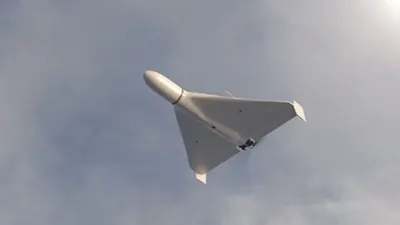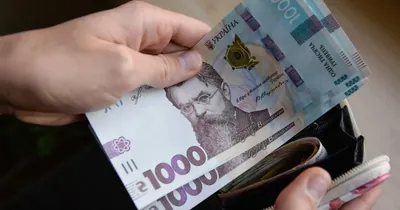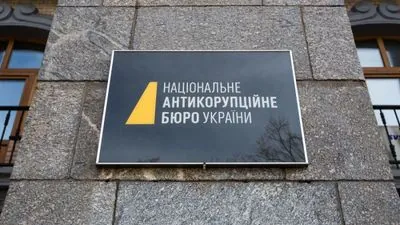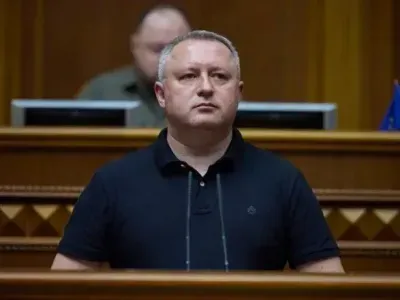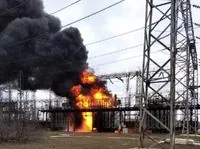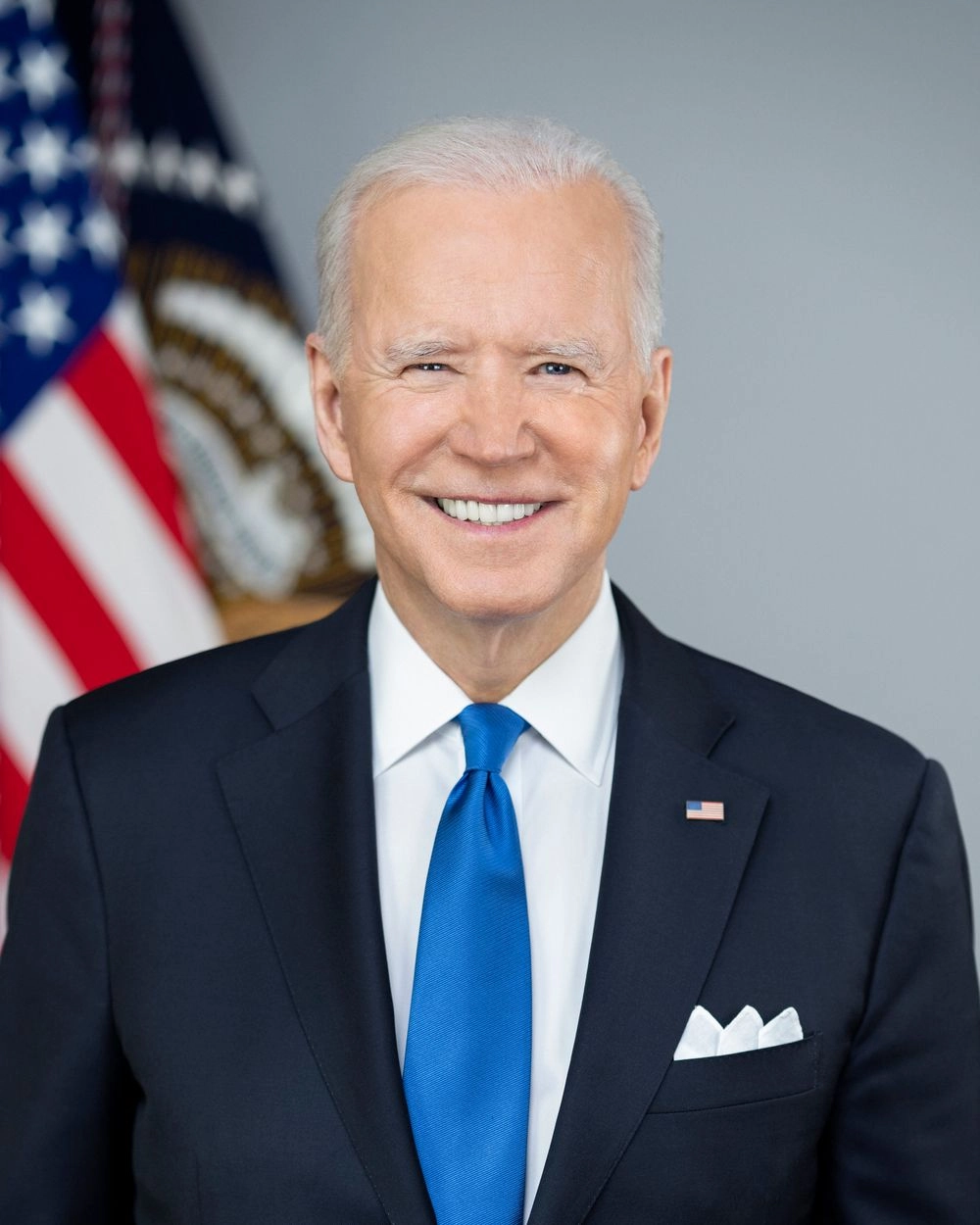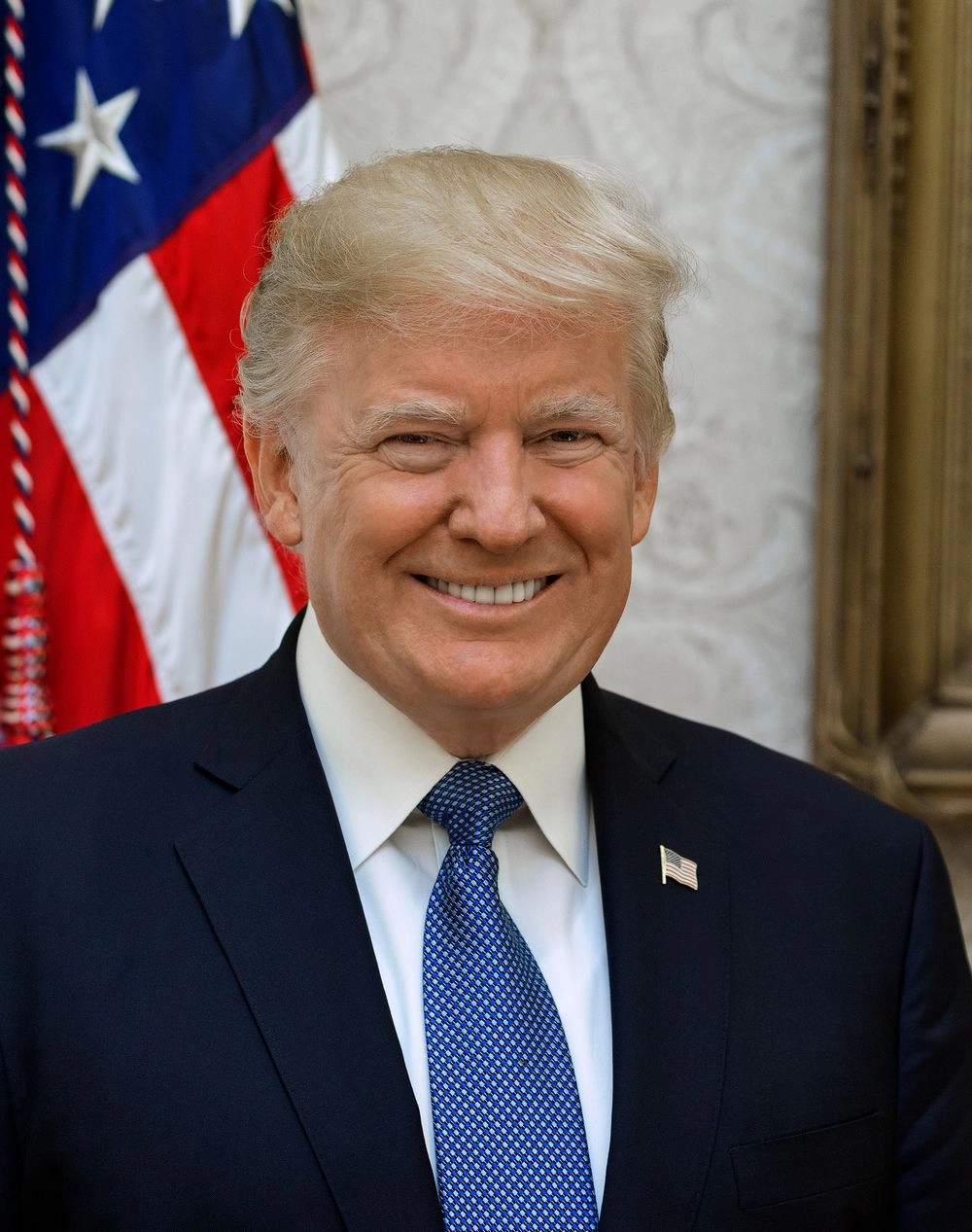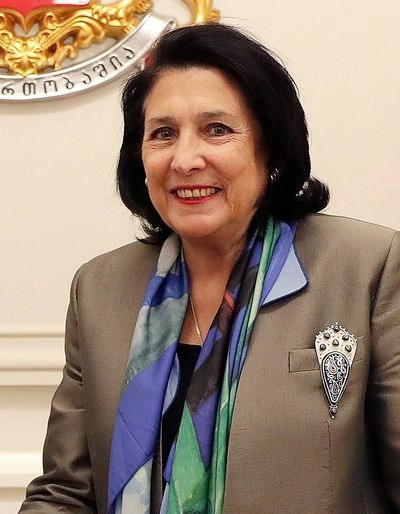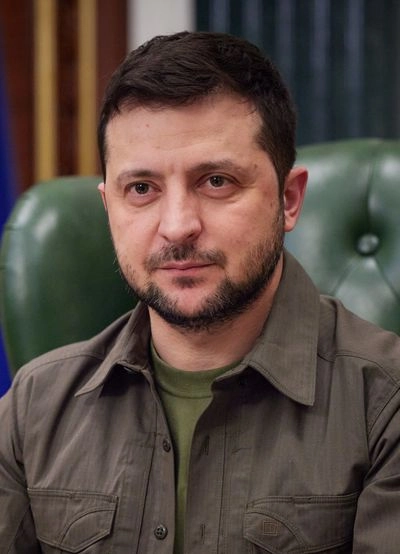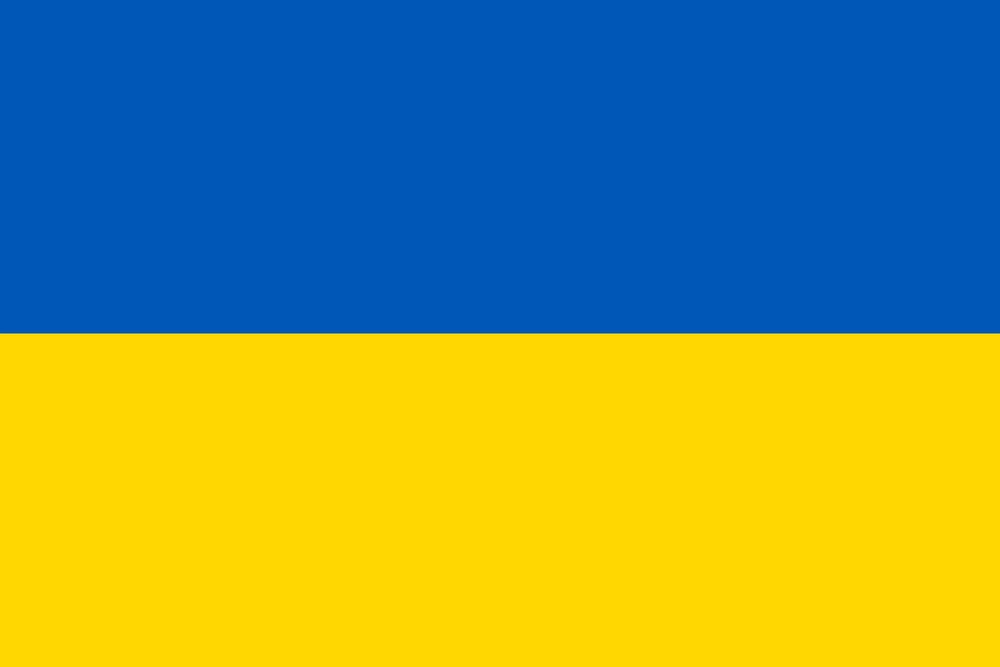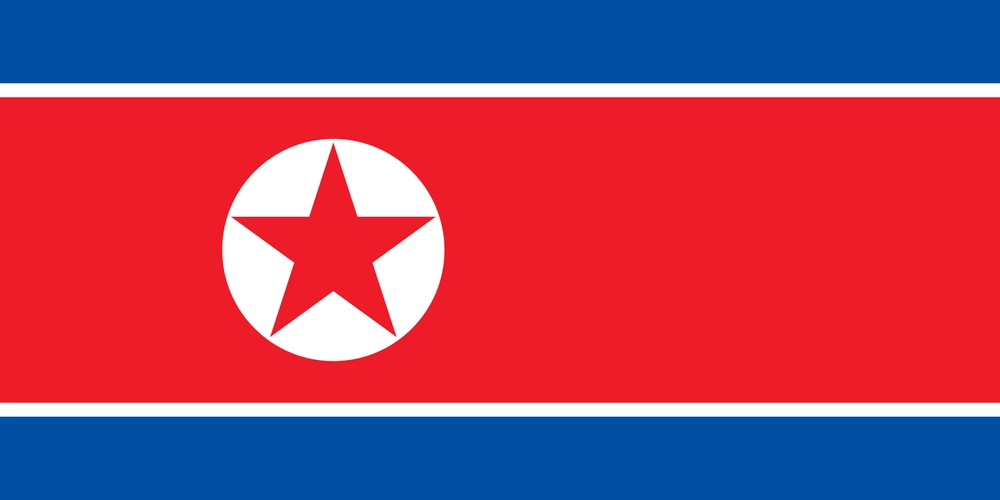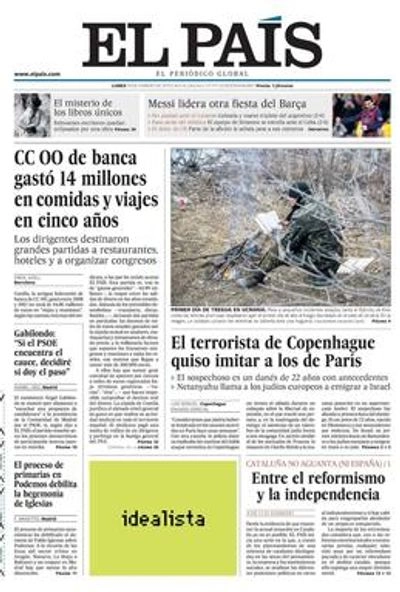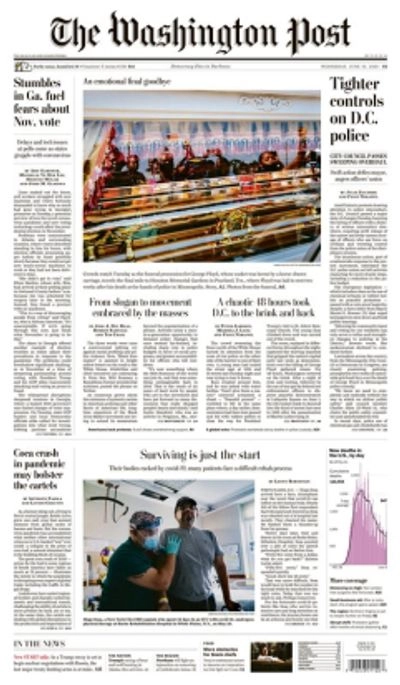
Fair competition or "equalization" on a national scale
Kyiv • UNN
The Ministry of Finance has developed a Draft Law, the essence of which is to change the conditions for calculating the rent payment for the use of radio frequency resource of Ukraine.
Are government policies and decisions always fair and equal for all? Do all signed laws and initiatives really create a loyal business environment in the face of an ongoing full-scale invasion? Unfortunately, not always. Such situations are observed in almost all areas of activity, and the mobile communications market is no exception.
The Ministry of Finance has developed a Draft Law, the essence of which is to change the conditions for calculating the rent for the use of radio frequency resource of Ukraine.
What does that mean?
Back in 2017, the state divided the possibility of using radio frequencies (radio frequency spectrum) between mobile operators in a tender. The sold licenses for the use of frequencies were to be valid for the entire period for which each operator had paid, which was 15 years, without changing the terms of use.
In order to establish equal conditions for efficient development of the limited spectrum for all market participants, so-called spectrum coefficients were introduced. They were obliged to ensure economically equal use of frequencies. This worked in such a way that decreasing coefficients were applied when a mobile operator used an optimal amount of spectrum, or, conversely, if an operator concentrated an excessive amount of spectrum resource, it was subject to increasing coefficients and paid an additional tax for it.
That is, all participants made a conscious decision in accordance with their own strategic plans - whether to improve the quality of services provided through more spectrum, or to expand their own network, in accordance with the terms and conditions stipulated by the licenses.
And the aforementioned Bill plans to abolish the coefficients that, since 2017, ensure fair taxation conditions according to who, what and how much radio spectrum is used.
According to the developer, the adoption of the Draft Law is necessary to solve the problem of imperfect tax collection and to introduce equal conditions on the electronic communications market, although these coefficients have been effective for more than 7 years and guarantee the prevention of monopolization.
The current situation on the spectrum market shows that PJSC Kyivstar has the largest accumulation of spectrum, which, for example, is 1.5 times higher than the third largest mobile operator.
Therefore, we see an obvious benefit from the abolition of coefficients for a large operator - Kyivstar PJSC, while the other two largest operators will suffer considerable financial losses.
According to forecasts, in case of adoption of the Bill, budgetary obligations for Kyivstar PJSC will become less by UAH 80.5 mln/year, for the second largest operator they will increase by UAH 0.9 mln/year, while for the third largest operator the annual rent will increase up to UAH 132.5 mln/year.
This significant difference in taxation amounts jeopardizes the financial ability of operators to ensure quality development of networks, their restoration, and stability of their operations, especially in the context of war and constant cyberattacks on infrastructure.
The operator that has accumulated the most spectrum, such as Kyivstar PJSC, invests less in physical network development, as the spectrum allows it to utilize all its capacity to the maximum, while, for example, the third largest operator, which has less frequency resource in use, has more to invest in the network to support quality and affordable customer service.
Obviously, the actions of the authorities are not aimed at guaranteeing the principles of equal competition, but on the contrary provide unfair advantages to one major operator, whose market share already exceeds 40%.
Why is the position of the authorities not conducive to fair competition?
How should we regard the unilateral sharp increase in the amount of taxes, which will somehow lead to strengthening the competitive position of Kyivstar PJSC, while the positions of other market participants will be limited and in the future may be ousted altogether?
"Don't put everything on one card", this statement immediately comes to mind after the largest cyberattack in December 2023 on Kyivstar PJSC, which left millions of subscribers incommunicado for 3 days. Should the authorities with such initiatives infringe on other operators who continue to develop and improve their own networks in such an unfair competitive market?
The bill jeopardizes the restoration and development of mobile infrastructure, coverage of residents in rural areas with quality mobile communications, and the provision of 95% 4G connectivity throughout Ukraine.
The premature abolition of the reduction and increase coefficients would also have a negative impact on the state's investment policy and would primarily be a financial blow to the budget in times of war.
If the Bill is passed, nothing will prevent operators from concentrating spectrum and monopolizing the electronic communications market, disrupting the competitive environment.
Is this what the authorities are striving for? Why do these decisions look like an attempt to "artificially" compare three operators, while allocating favorable conditions for only one provider? Many consequences of these actions are obvious already now, but there is still a possibility to prevent negative results of these actions, so we are waiting to see which side the Government will take and whether it will listen to the position of business.
